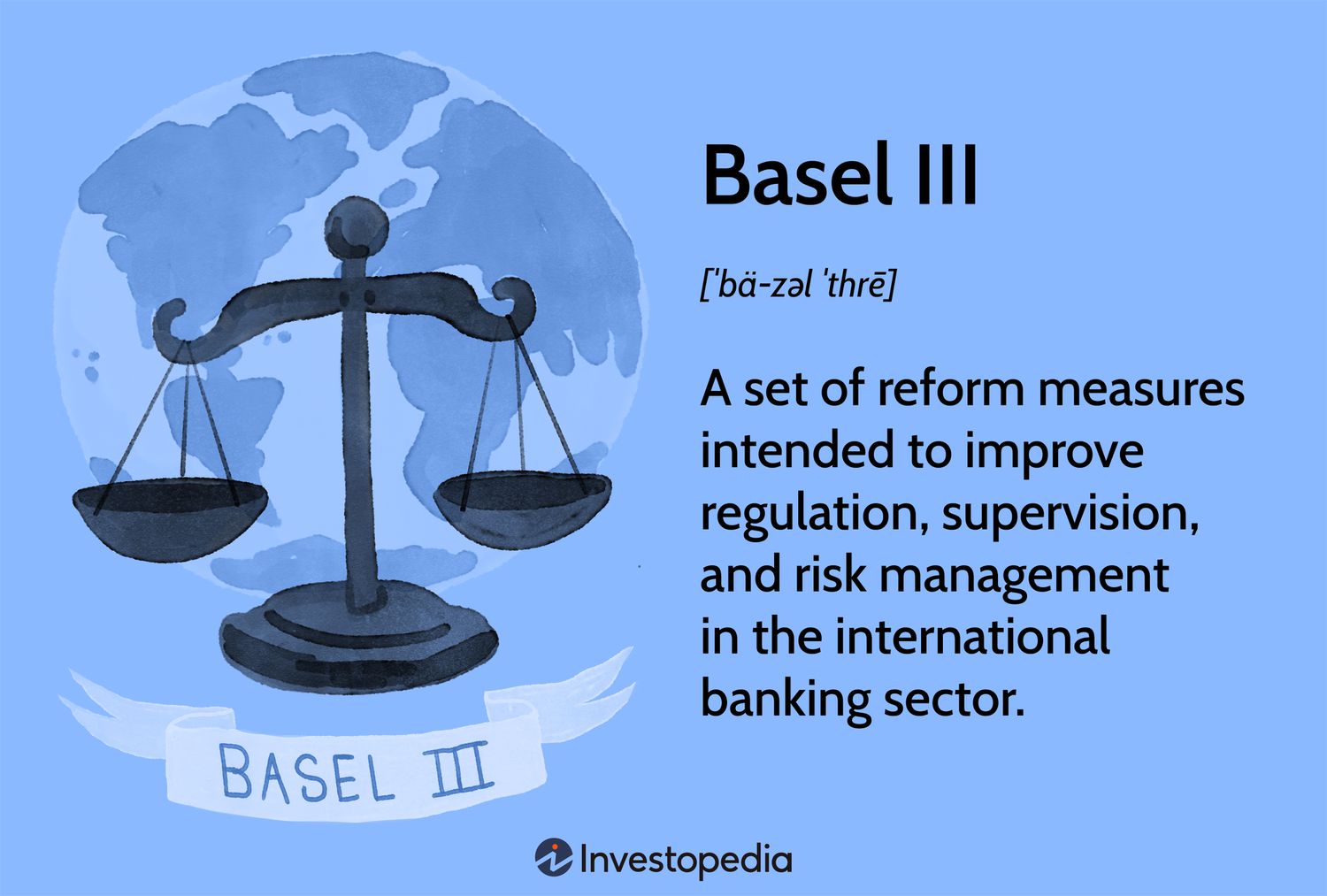BASEL III: Strengthening the Backbone of the Global Financial System
The world of finance is an ever-evolving landscape, shaped by the forces of economic activity, regulatory measures, and technological advancements. In the aftermath of the 2008 financial crisis, it became evident that a robust framework was needed to safeguard the global banking system against future shocks. Enter BASEL III, a comprehensive set of reform measures developed by the Basel Committee on Banking Supervision (BCBS) aimed at strengthening the regulation, supervision, and risk management of banks.
BASEL III builds on the foundations laid by its predecessors, BASEL I and II, by introducing more stringent capital requirements, new regulatory parameters for bank liquidity, and enhanced standards for supervisory review. One of the key components of BASEL III is the higher quality and quantity of capital that banks are required to hold. This means that banks must have enough high-quality capital to cover losses during times of financial stress, thereby increasing their resilience.
Another significant aspect of BASEL III is the introduction of the Liquidity Coverage Ratio (LCR) and Net Stable Funding Ratio (NSFR). These ratios ensure that financial institutions possess sufficient short-term and long-term liquidity to prevent cash-flow mismatches and reduce the risk of a bank run. Liquidity has always been a lifeline for the banking sector, and these measures ensure that this lifeline remains robust even during periods of financial turbulence.
BASEL III also focuses on leverage ratios to curtail excessive borrowing by banks and prevent them from taking on too much risk. By setting a limit on how much banks can leverage, BASEL III aims to create a safer financial environment and reduce the systemic risks that can arise from over-leveraged banks.
Importantly, the BASEL III framework is not static; it is designed to be adaptive to the changing dynamics of the global financial system. The ongoing refinement of these regulations means that they remain relevant and effective in promoting a stable banking sector.
The implementation of BASEL III has been a phased process, with banks around the world steadily working towards full compliance. The transition to these new standards has required significant adjustments within the banking industry, including changes in business models, risk management practices, and capital planning strategies.
As we move further into the 21st century, the importance of BASEL III cannot be overstated. It serves as a global standard for prudential banking regulation, helping to prevent the kind of financial crises that can have devastating effects on economies and societies worldwide. By fostering a more resilient banking system, BASEL III contributes to a secure and stable financial future for all.

